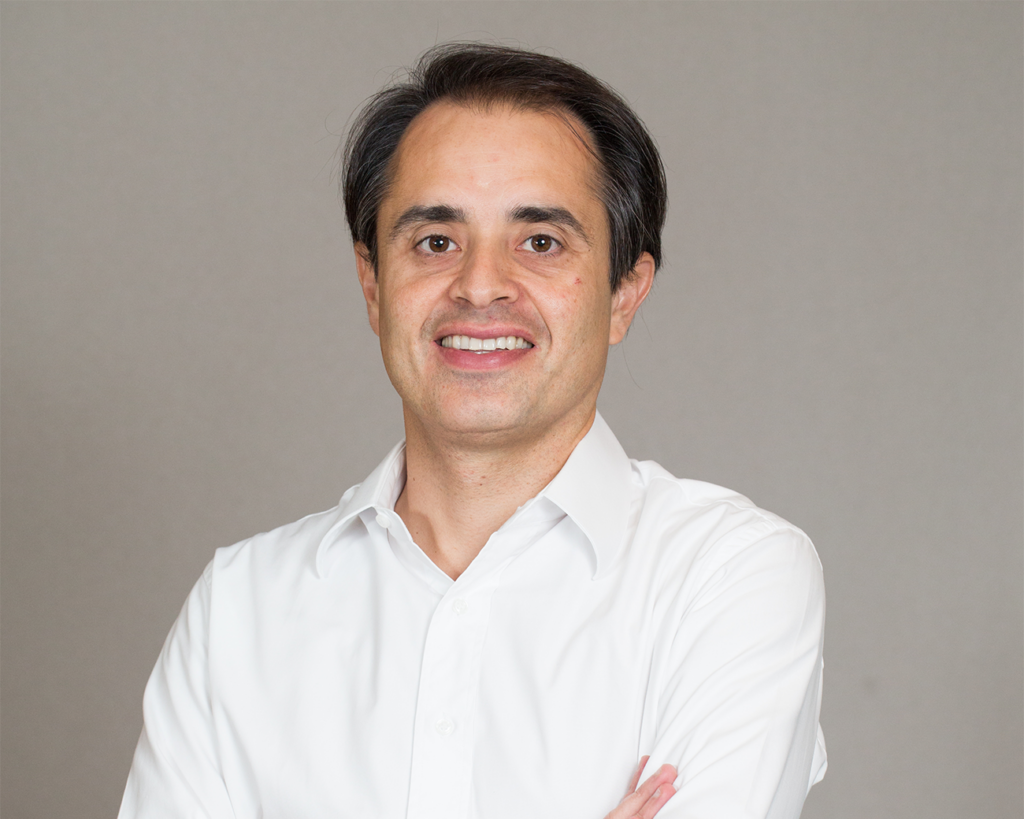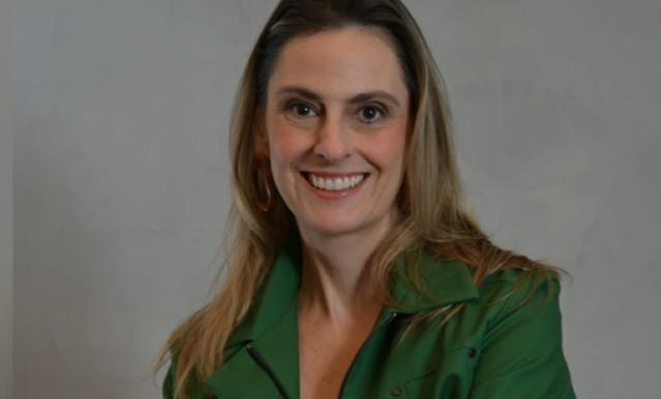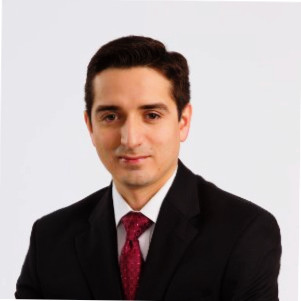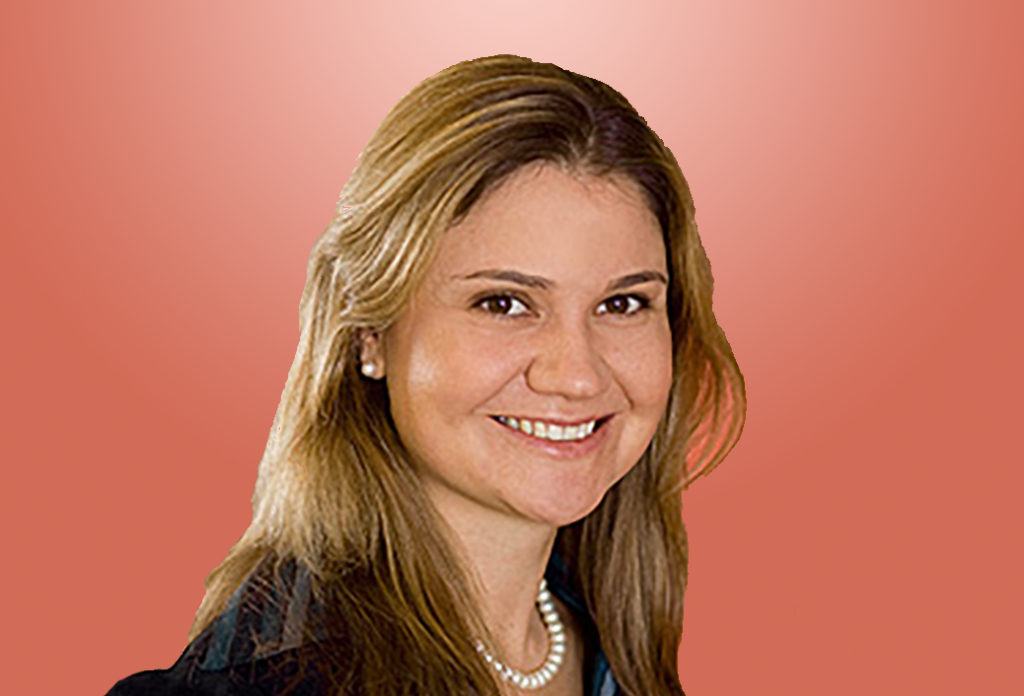Member Profiles
Cristiano Gioia Lauretti, Kinea Private Equity
13 June 2023

Member: Kinea
Executive: Cristiano Gioia Lauretti, Head of Private Equity
HQ: São Paulo, Brazil
Offices: Minas de Prata nº 30 – 2º Floor – Vila Olímpia, São Paulo / SP, 04552-080
AUM: BRL5B – Kinea Private Equity
LAVCA recently spoke with Cristiano Gioia Lauretti, Head of Private Equity at Kinea.
Please provide some background on Kinea. As a firm that has been investing in Brazil for the past 15 years, how has the private capital industry in Brazil evolved since Kinea started?
Our team has been investing together for 23 years and Kinea was created when we spun out of AIG and decided to focus on minority-focused growth equity investments. Since 2009, we have invested more than BRL3b in 17 local companies.
We have seen important changes in the private equity industry in Brazil over the last decade. Today Brazil is a less competitive market in terms of number of fund managers that are active. The lack of funding has been the main driving force for consolidation in the PE industry in Brazil. Brazilian pension funds that played such a critical role in backing new managers in Brazil are no longer active. However, many local family offices and high-net-worth individuals are still investing with both smaller and larger PE firms.
While there are still some important players doing buyouts in the Brazilian market, there is less competition for the types of mid-market minority stake deals that Kinea specializes in. As a reflection of the fact that there is still an appetite for that type of exposure, our last fund reached its closing on BRL2.4b (~USD480m) in 2022.
Given the macro and market risks that exist today, what sectors or strategies represent the best risk-adjusted opportunities in 2023 and beyond?
We have always pursued a multi-sector approach in our investment strategy. Kinea invests in companies across sectors that are resilient to economic downturns or that stand to benefit from the type of anticipated growth and consolidation opportunities that should result as the Brazilian economy recovers. Notable target sectors include healthcare, agribusiness, education, technology and specialty retail.
Within the private equity industry, there have been trends toward greater sector specialization. However, we have always pursued a multi-sector approach in our investment strategy. In terms of healthcare, there is an increase in the need for healthcare plans and diagnostic imaging due to Brazil’s aging population. Within this broader healthcare strategy, we invest in many sub-sectors. With agribusiness, we see a clear competitive advantage compared to the US and Europe with an abundance of land, water and sun which makes Brazil one of the number one exporters and producers of several commodities. We focus on analyzing some of the subsectors of agribusiness, such as the biological crop protection business that is not exposed to one single commodity.
Diverse opportunities in specialty retail range from pet stores like Cobasi; which we have completed a deal that targets higher-end consumers, to cash-and-carry retail; which has proven resilient across different market segments, including lower-income Brazilians. Cash-and-carry retailers grow faster when we have a crisis in Brazil, so it is a more defensive type of investment.
Kinea invested BRL400m (~USD77m) in Alvorada, a Brazil-based agricultural retailer, in Q4 of 2022. Can you provide details regarding the investment thesis behind this deal?
Founded in 1986, Alvorada is the national leader in the retail of livestock and agricultural products in Brazil, with 37 stores in seven states in the Midwest and North Brazil. The company is a one-stop-shop with a wide range of products, offering over 30,000 SKUs that vary from veterinary drugs to pasture equipment, animal nutrition, machinery and equipment. Over 70% of sales are related to livestock products, and the company is present in locations that concentrate over 60% of Brazil’s beef market. In addition, Alvorada has private-label product lines focused on pasture seeds and animal nutrition.
During the diligence process, Kinea structured an investment thesis based on four main pillars of growth:
- Leadership position in its main segment and in the regions where it operates, as well as being a sizeable company to carry out a successful IPO in the medium term;
- High historical growth rates and a low-risk business model, given the dispersed store base and low concentration of clients and suppliers;
- Fragmented market, with more than 30k mom-and-pop stores and small competitors, giving space for consolidation trends through both organic (opening of new stores) and inorganic (M&As) initiatives;
- An increasingly relevant segment of the economy and one of the main drivers of Brazil’s GDP accretion in recent years, with high historical growth rates and future potential
Kinea has a track record of having exited portfolio companies to major international acquirers across a range of sectors. Can you share more details of these exits?
In recent years, we have actively exited portfolio companies, resulting in a current portfolio consisting solely of investments realized after 2018. Kinea has served as a platform for leading international firms looking to establish a footprint in Brazil. We sold Wizard, a leading language teaching company, to Pearson Education in 2014. ABC Group, a prominent advertising group in Brazil, was sold to Omnicom Group in 2016. In 2017, Enterprise Holdings, the leading player in the global car rental market, acquired a minority stake in Unidas, a rent-a-car fleet management services company. In 2018, Mohawk Industries, one of the main players in the global ceramics market, acquired Elaine, a leading local manufacturer of ceramic tiles. FEMSA, a Mexican multinational, fully acquired AGV Logistica in 2019. Pepkor, a leading African retailer with more than five thousand stores, acquired Lojas Avenida, a leading regional apparel retailer, in 2022.
How would you characterize LP demand today for exposure to Brazilian private equity fund managers?
Kinea has continued to see higher demand from local investors when compared with international investors during its Fund V capital-raising campaign. Mainly international DFIs and fund-of-funds are more active when we consider international investors. Fund V reached its closing on BRL2.4b (~USD480m) by mid-2022.
Why did Kinea join LAVCA?
Kinea has joined LAVCA to expand its relationship with international private equity investors.
You may be interested in...
-

Luciana Antonini Ribeiro, eB Capital
Executive: Luciana Antonini Ribeiro, Co-Founder and CIO Member Name: eB Capital Year...
-

Maria Pia Iannariello, MGM Innova Capital
LAVCA recently spoke with Maria Pia Iannariello, Co-Founder & COO of MGM Innova Capital,...
-

Rafael Ramirez, Portfolio Manager, Alaska Permanent Fund Corporation
LAVCA recently spoke with Rafael Ramirez, Portfolio Manager– Private Equity &...
-

Johanna Posada, Founder & Managing Director, Elevar Equity
LAVCA spoke with Johanna Posada, Founder & Managing Director for Elevar Equity about the...